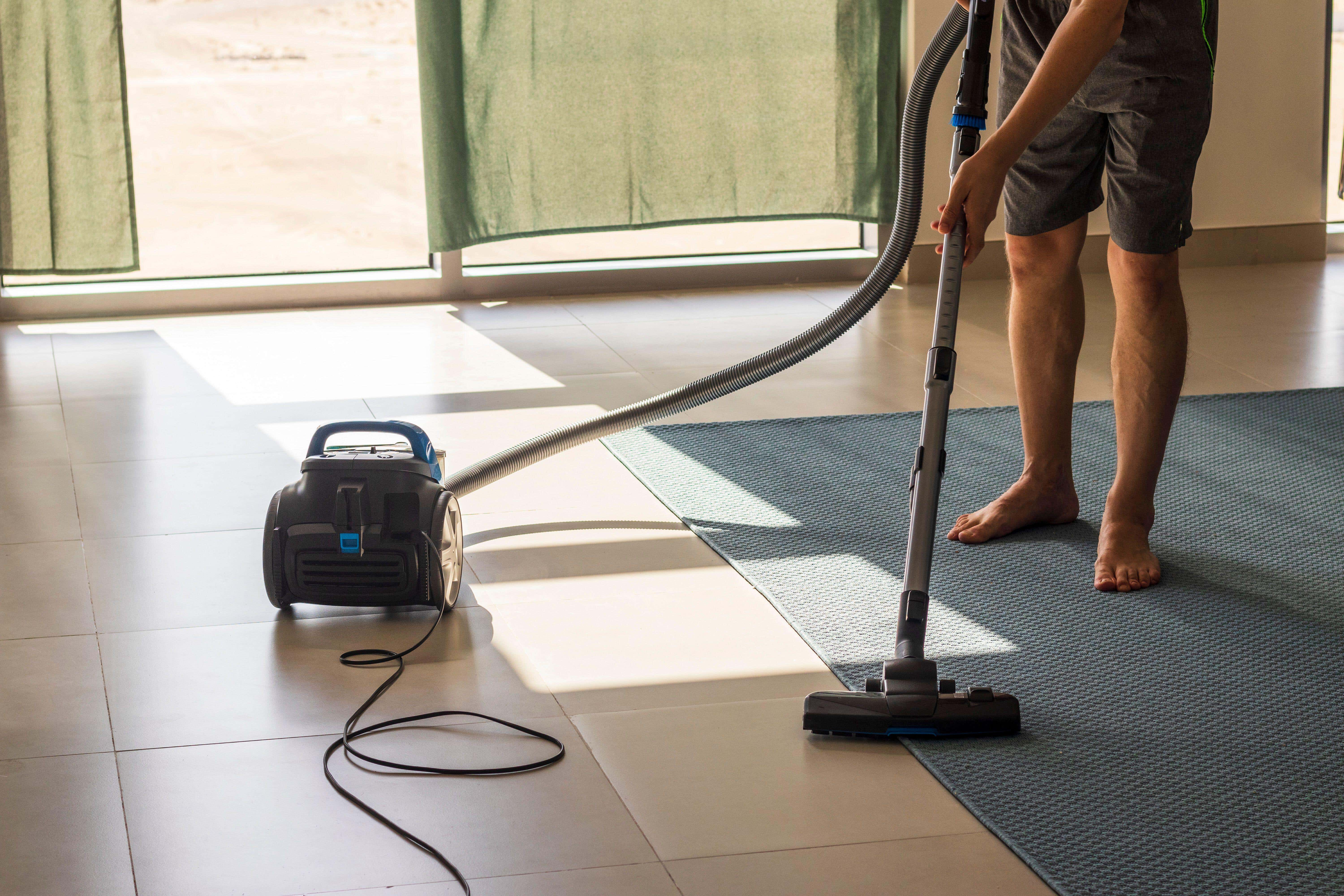Bursts of activity that make you huff and puff ‘linked to reduced cancer risk’
The activities could include vigorous housework, carrying heavy shopping around the supermarket, or bursts of power walking

Short bursts of daily activity that make you huff and puff – such as playing high-energy games with children – could help reduce the risk of cancer, research suggests.
According to the study, a total of just four-and-a-half minutes of vigorous activity – done in bursts of around one minute each – during daily tasks could reduce the overall risk of cancer by 18 per cent, and the risk of some cancers linked to physical activity by up to 32 per cent.
Other activities could include vigorous housework, carrying heavy shopping around the supermarket, or bursts of power walking.
Lead author Professor Emmanuel Stamatakis, of the Charles Perkins Centre, University of Sydney, Australia, said: “We know the majority of middle-aged people don’t regularly exercise, which puts them at increased cancer risk, but it’s only through the advent of wearable technology like activity trackers that we are able to look at the impact of short bursts of incidental physical activity done as part of daily living.
“It’s quite remarkable to see that upping the intensity of daily tasks for as little as four to five minutes a day, done in short bursts of around one minute each, is linked to an overall reduction in cancer risk by up to 18 per cent, and up to 32 per cent for cancer types linked to physical activity.”
Cancer types linked to physical activity are those where not exercising increases the risk of developing the disease.
The cancers associated with physical activity included liver, lung, kidney, gastric cardia (a type of stomach cancer), endometrial, myeloid leukaemia, myeloma, colorectal, head and neck, bladder, breast and esophageal adenocarcinoma (cancer of the oesophagus).
Published in Jama Oncology, the study used data from wearable devices to track the daily activity of more than 22,000 people who do not exercise.
Researchers then followed the group’s clinical health records for close to seven years to monitor for cancer.
They found that as few as four to five minutes of vigorous intermittent lifestyle physical activity (Vilpa) was associated with a substantially lower cancer risk compared with those who undertook no Vilpa.
Vilpa was coined by researchers at the University of Sydney’s Charles Perkins Centre to describe the very short bursts of activity – around one minute each – we do with gusto each day.
Vilpa is a bit like applying the principles of high-intensity interval training (HIIT) to your everyday life
Prof Stamatakis said: “Vilpa is a bit like applying the principles of high-intensity interval training (HIIT) to your everyday life.”
He added that adults who do not exercise are at increased risk of developing certain cancers such as breast, endometrial or colon.
But, until recently, experts were not able to measure the impact of less structured forms of vigorous physical activity.
In the study sample of 22,398 people with an average age of 62 who did not exercise in their leisure time, the researchers found 2,356 new cases of cancer (1,084 in physical activity-related cancer) over an average follow-up of 6.7 years.
They found that a minimum of around 3.5 minutes of daily Vilpa was associated with up to an 18% reduction in cancer incidence, compared with no Vilpa, while 4.5 minutes of daily Vilpa was associated with up to a 32% reduction in the risk of cancers linked to physical activity.
The researchers used data from the UK Biobank Accelerometry Sub Study and only included people who reported no leisure time exercise and no regular recreational walks.



Bookmark popover
Removed from bookmarks